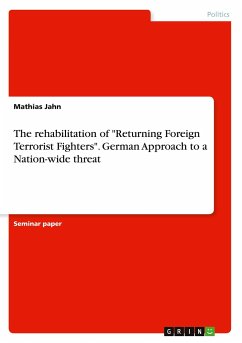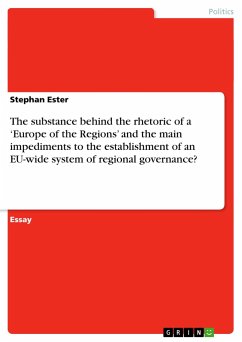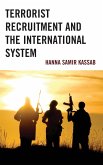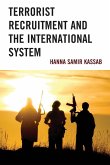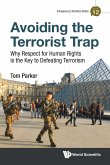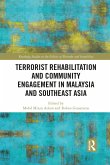Seminar paper from the year 2023 in the subject Politics - Topic: German Foreign Policy, grade: A, Nanyang Technological University (S. Rajaratnam School of International Studies (RSIS)), course: Terrorism, Intelligence, and Homeland Security, language: English, abstract: Under the assumption that radicalized RFTF¿s had the assignment, skillset, and intention to seek opportunities to recruit and carry out terrorist attacks for the IS and, therefore, would impose a significant threat to national security, there should be a strategy to cope with this problem. This paper wants to analyse the approach to this issue in Germany, especially since they don't seem to have a comprehensive strategy to this day. Between 2011 and 2015, as a result of the violent conflict in Syria/ Iraq, U.S. and German intelligence reports estimated volunteers traveling to the conflict zone up to 36.500 stemming from 100 countries (thereof 960 Muslim men/ women from Germany = DEU). Their aim was to support the Islamic State (IS) and to take part in its war-fighting/ terrorist attack efforts. By 2019, 30% of the German fighters have returned, 103 were sentenced/ detained including ¿at least 80¿ with ¿military training¿ of whom 34 will be released in 2023. In anticipation of a future inbound flow of these combatants back to their homeland, the U.N. Security Council resolution 2178 called in 2014 all ¿Member States¿ to develop/ implement ¿rehabilitation and reintegration strategies for returning foreign terrorist fighters¿ (RFTF).
Hinweis: Dieser Artikel kann nur an eine deutsche Lieferadresse ausgeliefert werden.
Hinweis: Dieser Artikel kann nur an eine deutsche Lieferadresse ausgeliefert werden.

